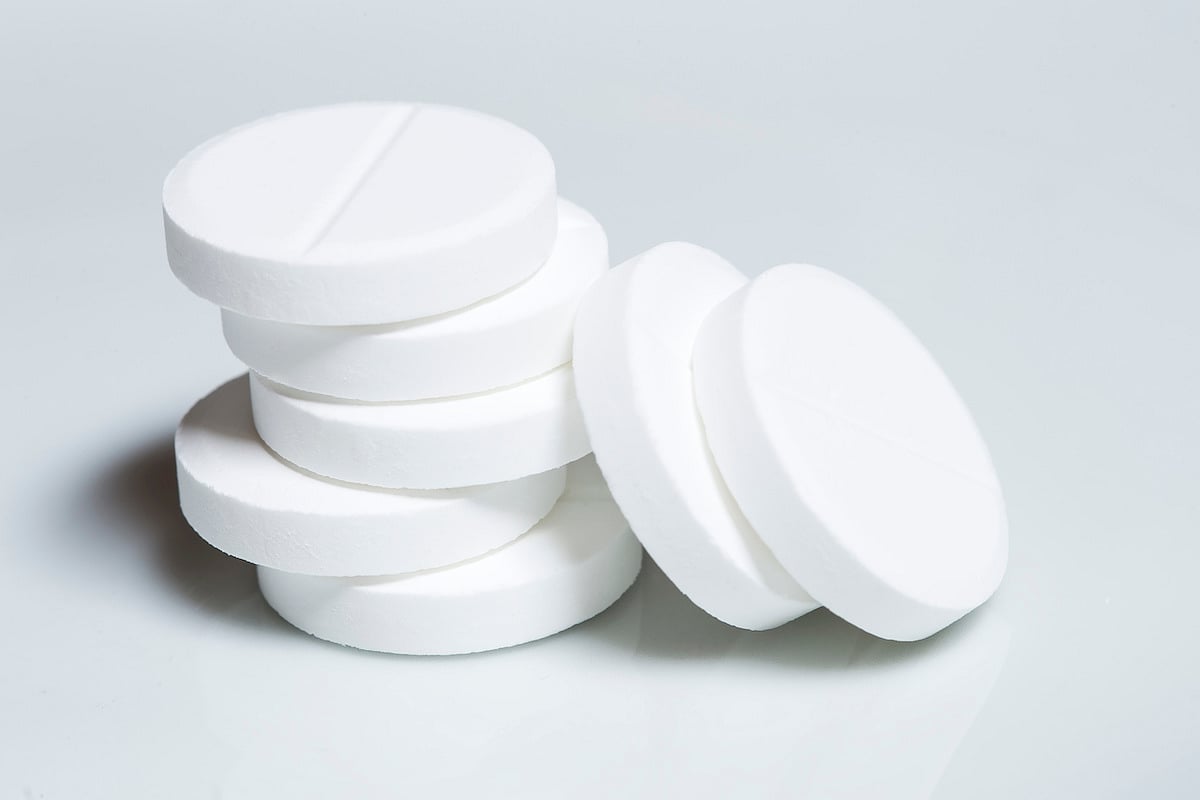The following is a summary of “Dietary niacin intake in relation to depression among adults: a population-based study,” published in the September 2023 issue of Psychiatry by Tian et al.
Antioxidants are protective against depression, but the link between dietary niacin and depression is unclear. Researchers performed a cross-sectional analysis of National Health and Nutrition Examination Survey (NHANES) data from 2007 to 2016 to investigate the association between niacin intake and depression in adults.
They assessed depression using the Patient Health Questionnaire (PHQ-9, score ≥ 10) and determined niacin intake through 24-hour dietary recall interviews. The study examined the link between niacin intake and depression in US adults using a weighted logistic regression model with subgroup analysis. Non-linear relationships were studied with restricted cubic spline models, and a smoothed two-piece-wise logistic regression model was used to find the association threshold between these variables.
The results showed 16,098 adults. In comparison to individuals with the lowest niacin intake (Q1, ≤ 15.96 mg/day), the adjusted OR for depression were as follows: Q2 (15.97–22.86 mg/day) had an OR of 0.92 (95% CI: 0.70–1.20), Q3 (22.87–32.28 mg/day) had an OR of 0.76 (95% CI: 0.56–0.99), and Q4 (≥ 32.29 mg/day) had an OR of 0.68 (95% CI: 0.48–0.98). These associations were consistent across sex, age, and BMI categories. The relationship between dietary niacin intake and depression exhibited a U-shaped curve (non-linear, P<0.001), with the lowest depression risk observed at a dietary niacin intake of approximately 36 mg/day.
They concluded that moderate niacin intake, but not high intake, was associated with a lower risk of depression, suggesting a U-shaped relationship.
Source: bmcpsychiatry.biomedcentral.com/articles/10.1186/s12888-023-05188-8














Create Post
Twitter/X Preview
Logout